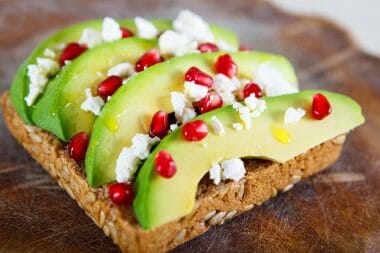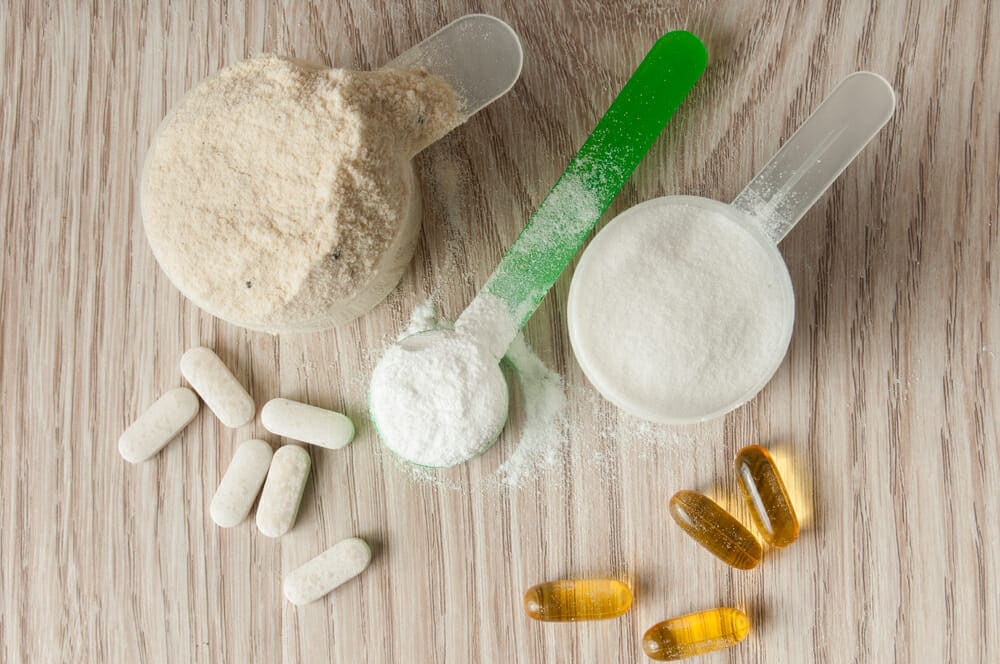Scientists are finally ready to accept: food is addictive. There are 28 reports on studies and research published in the National Library of Medicine database and the majority reports that some foods are as addictive as cocaine.
How food affects our brain
We are all aware that some foods give us great pleasure. And there is no surprise there, since some foods affect our brain pleasure center. In a way very similar to the addictive drugs, some foods give us pleasure, so we want more of it. If denied, we feel stress. In a study of rats which were allowed to binge on sugar, scientists found that they developed shakes and tremors, similar to that of that experienced by drug addicts experiencing withdrawal. After allowed to have sugar again, rats binged on sugar to the enormous extent, showing complete lack of self-control, to the detriment of their health.
In another study, scientists reported that rats on a diet of liquid fat started producing endocannabinoids in their gut, chemicals similar to that produced by marijuana users.
This growing body of evidence points out the similarities between the way food and drugs affect our brain, especially brain pleasure centers and self-control centers. This is an important step in understanding the complex mechanism which leads to obesity.
What foods are most addictive?
Since nobody ever got addicted to apples or broccoli, it is evident that the foods most often found addictive or difficult to resist are not coming from nature. Our bodies are biologically adapted to dealing with natural foods. It is highly processed foods that get our system out of whack.
Some foods are made, designed, to affect our taste buds in a particularly pleasant way. While corn leaves us pretty indifferent, Cheetos are very different proposition. Nobody can eat only one Cheeto. The former FDA commissioner Dr. David A. Kessler calls such foods “hyperpalatable“. They are the perfect combination of sweet, salty and fatty ingredients.
Not everyone is affected the same way by the same food. Some of us cannot resist ice cream, others are crazy about chocolate, many just cannot have enough of potato chips. And once addicted, we need more to get the same ‘high’ from it. Sounds familiar?
Normally, food is meant to provide nutrients and energy we need to function. Nature never meant to make food a pleasure. But, there is not way around it: food is one of the biggest pleasures we have. That is why so many people turn to food, especially carbohydrates, when under stress, or dealing with a problem.
It seems that the scientists are not the only ones aware of the addictive effects ‘superpalatable‘ foods have on our self-control. Food industry is using that knowledge to their great benefit, producing products that have very little to do with nutrition, but which we simply cannot resist. Maybe such foods should be declared “controlled substances”, since they cause more trouble than many illegal drugs, when we look at the obesity and its long-term consequences.







Reply